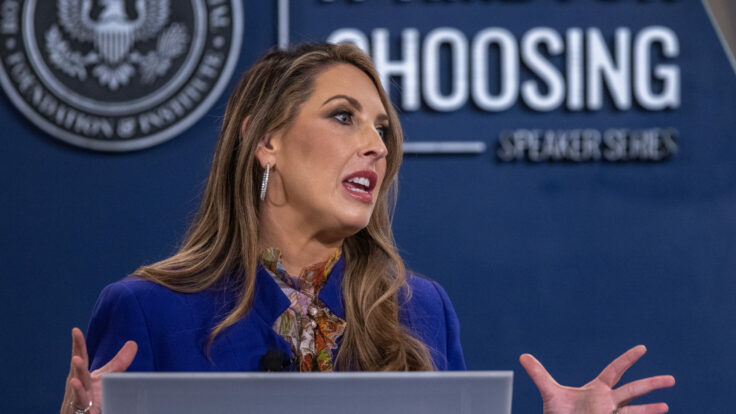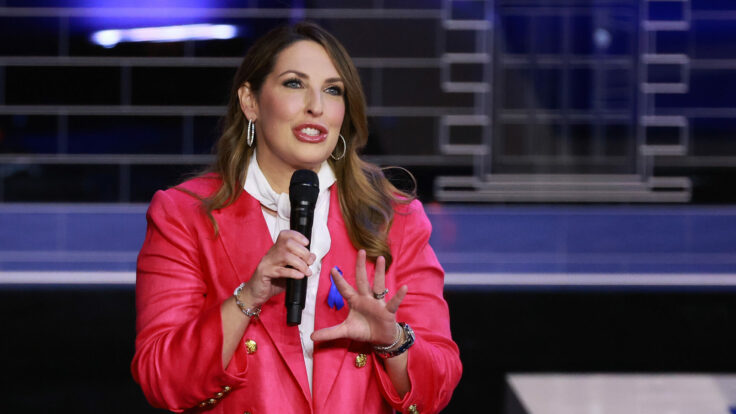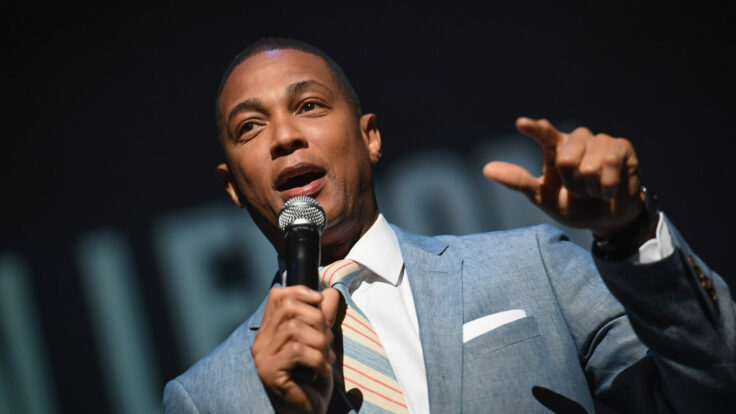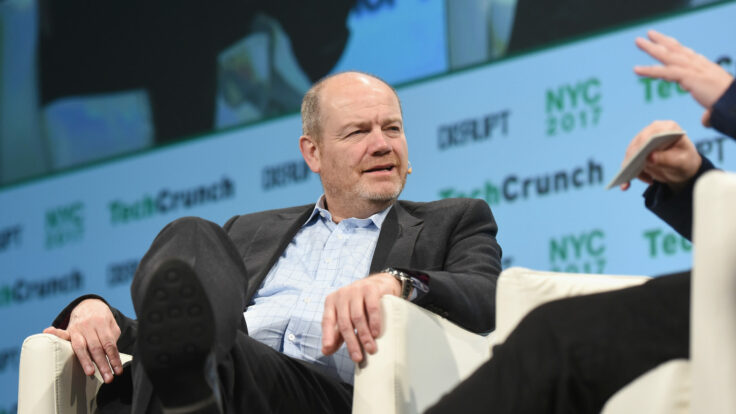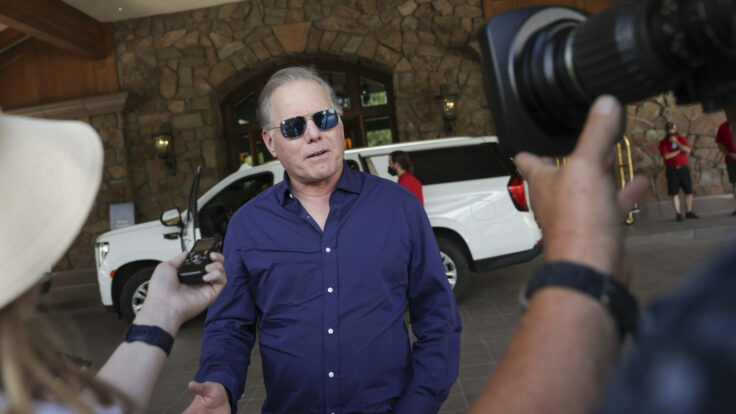As Election Day approached in the fall of 2020, Wall Street Journal White House Correspondent Michael Bender wasn’t sure how to feel. On the one hand, after five years of all Trump everything, he was wrung dry. On the other, he had a book about Trump to write. It was his first book and he had gotten a small advance so he wasn’t counting on a blockbuster, but every writer wants their book to succeed, especially if it’s their first. “Personally, I wasn’t sure what I wanted to happen,” Bender told me when I asked him if he had ever considered what a Trump loss would mean for his career. “If, like most Americans, I were voting with my pocketbook, I would vote Trump to win because that’s job security and he’s a great story. But I was just so exhausted.”
Turns out, he needn’t have worried. After his book, Frankly, We Did Win This Election, was officially published on Tuesday, it rocketed to the top of the Amazon best-seller list. It was joined there by two other Trump books: I Alone Can Fix It, by Washington Post reporters Philip Rucker and Carol Loening, and Michael Wolff’s Landslide. (The books were numbers four, one, and three, respectively. We’ll find out where they land on the New York Times’ best seller list next week.) Of course, the reason all their books have come out now is that there is another one debuting in the fall, this one by a monster of the journalistic and publishing worlds: Bob Woodward, whose two previous Trump books were massive best sellers. Fear, his first Trump book, sold nearly a million copies in hardcover and another 20,000 in paperback; his next book, Rage, sold over half a million in hardcover. One industry insider estimates that Woodward made at least $4.5 million on Fear alone. (These are numbers from Book Scan, an industry tool that gives a rough estimate of book sales. The numbers are also impressive, considering that you might not realize, as I didn’t, that a Times best-seller isn’t necessarily a book that sells millions of copies. “You can be a New York Times best-seller if you sell 15,000 books in week one” and then not sell any afterwards, said one book editor. “In publishing, the numbers are just smaller than in other means of mass communication,” another book editor explained.)








